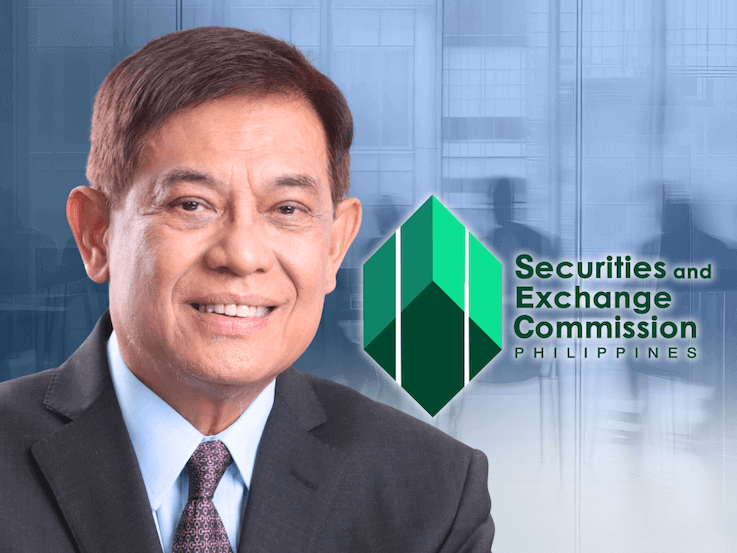

On Nov. 12, the SEC released for public comment a draft memorandum circular outlining the guidelines for whistleblower protection.
The initiative forms part of the Commission’s broader push for corporate integrity and aligns with global anti-corruption efforts under the United Nations Convention against Corruption and the Department of Finance’s transparency programs.
Whistleblowers’ role
“Financial consumers, investors, and corporate insiders all play a vital role in safeguarding the integrity of our financial and corporate sectors,” SEC Chair Francis Lim said in a statement.
“Their willingness to expose wrongdoings forms part of our defense against fraud, market abuse, failures in disclosure, and other illegal acts,” Lim said.
He added that the proposed guidelines aim to empower victims, market participants, and concerned citizens to report violations without fear of retaliation—whether these involve investment scams, insider trading, market manipulation, or failures to disclose beneficial ownership.
Under the draft rules, a whistleblower is defined as any person who provides truthful information related to a reportable act or omission to the SEC.
What can be reported
Reportable acts cover violations under Republic Act No. 11232, or the Revised Corporation Code, including the unauthorized use of a corporate name, violations of director disqualification rules, falsified corporate reports, and fraudulent conduct of business.
Whistleblowers may also report offenses under laws enforced by the SEC such as the Securities Regulation Code, the Financial Products and Services Consumer Protection Act, and the Lending Company Regulation Act of 2007.
This allows the reporting of both obvious scams and more complex misconduct such as insider trading, market manipulation, and inaccurate disclosure of beneficial ownership.
Filing reports safely
The guidelines emphasize protection from retaliation while ensuring that reporting channels remain accessible.
Reports may be filed through a forthcoming Whistleblowing Portal on the SEC website, which will gather detailed information such as the nature of the wrongdoing, timing, individuals involved, public impact, and any cover-up attempts.
Reports may also be lodged through the SEC website’s chatbot, email, phone, the SEC Check App, by mail, or in person at the SEC’s main office or any of its 15 extension offices nationwide.
Anonymous reports will be accepted if they contain verifiable information that can be validated through corporate records or other means. However, such reports must clearly identify the respondents and the alleged violations.
Dedicated whistleblowing office
The draft circular also creates a Whistleblowing Office that will handle report intake, evaluate the credibility of submissions, and oversee the implementation of protection measures.
Once a report is filed, the office will issue an acknowledgment letter and assess whether the allegations pose significant public interest or potential harm.
Protection mechanisms may include job security guarantees, anti-retaliation safeguards, and possible counseling or legal assistance for whistleblowers. —Ed: Corrie S. Narisma
The SEC is accepting public comments on the proposed guidelines through the EIPD Anti-Money Laundering Division at eipd-amld@sec.gov.ph until Dec. 11, 2025.
